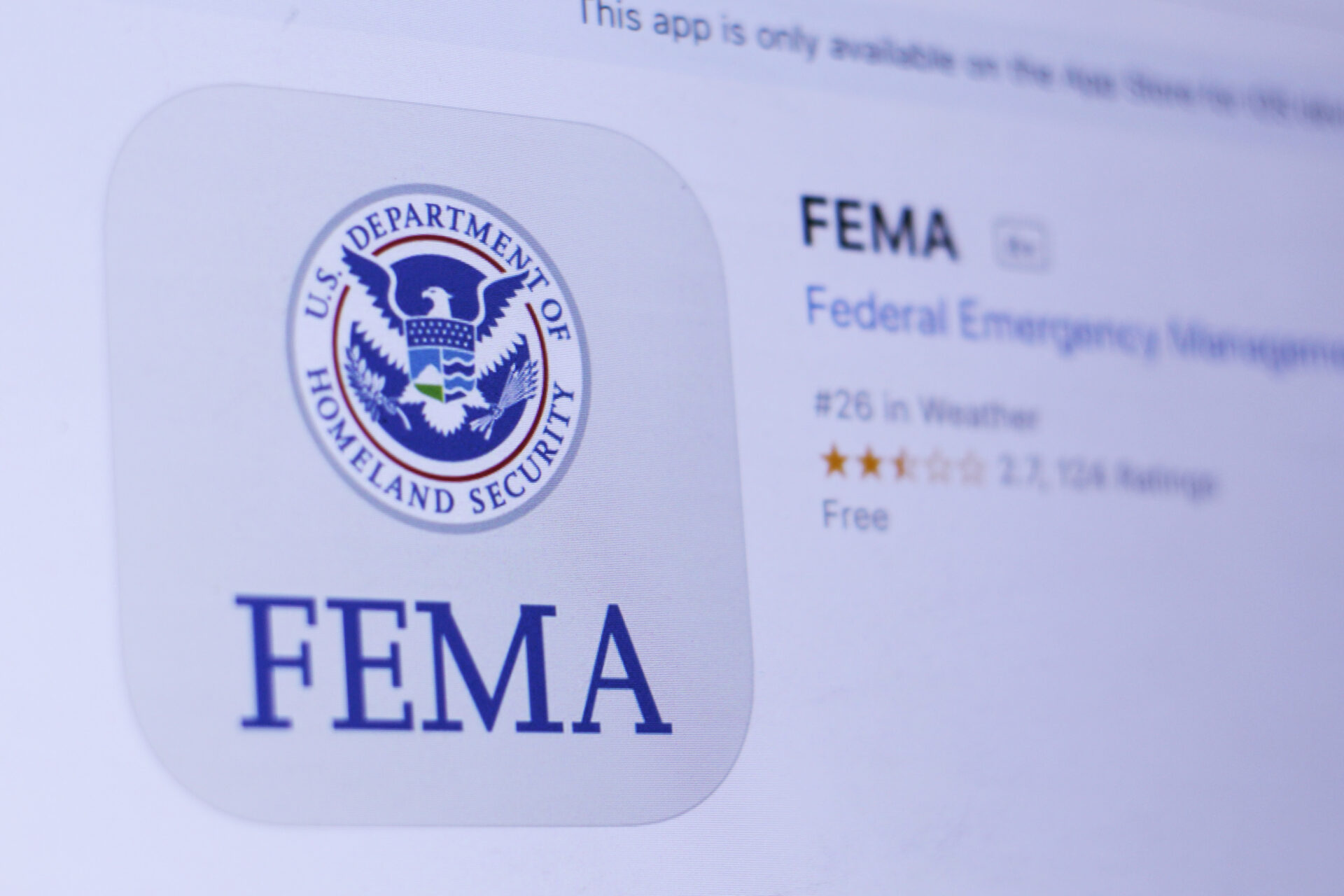Listen To Story Above
The State Department’s controversial use of taxpayer money for promoting atheism abroad has come under scrutiny, with new revelations about their involvement in organizing and supporting nonreligious groups.
In a detailed opinion piece for “First Things,” House Foreign Affairs Committee Chairman Michael McCaul, R-Texas, exposed how the department allocated $500,000 for activities that raised constitutional concerns. According to McCaul, these actions went beyond promoting religious freedom and instead violated the Establishment Clause of the Constitution.
US State department authorized 1/2 million dollars to promote atheism in Nepal, a Hindu majority country and denied it in the US congressional hearing before getting caught pic.twitter.com/YBi6IenCVK
— Saran Shanmugam (@saranstm) March 23, 2024
The State Department’s program involved actively recruiting and providing training to nonreligious organizations, raising questions about the appropriate use of government funds and potential overreach in matters of religious and nonreligious beliefs.
McCaul’s investigation revealed concerning patterns in how the department managed these initiatives, highlighting the need for greater oversight in government spending related to religious matters abroad.
The State Department sent YOUR tax dollars to groups that promote atheism in Nepal and coach migrants on how to enter our southern border illegally.
This is a waste of your money and – worst of all – it’s HURTING America. pic.twitter.com/18gWS3Q9vm
— Rep. Brian Mast (@RepBrianMast) September 20, 2024
The findings have sparked debate about the boundaries between promoting religious freedom and potentially endorsing specific belief systems, particularly when using public funds for international outreach programs.
These revelations have prompted discussions about the proper role of government in matters of faith and secular beliefs, especially in the context of international diplomatic efforts and constitutional limitations.






